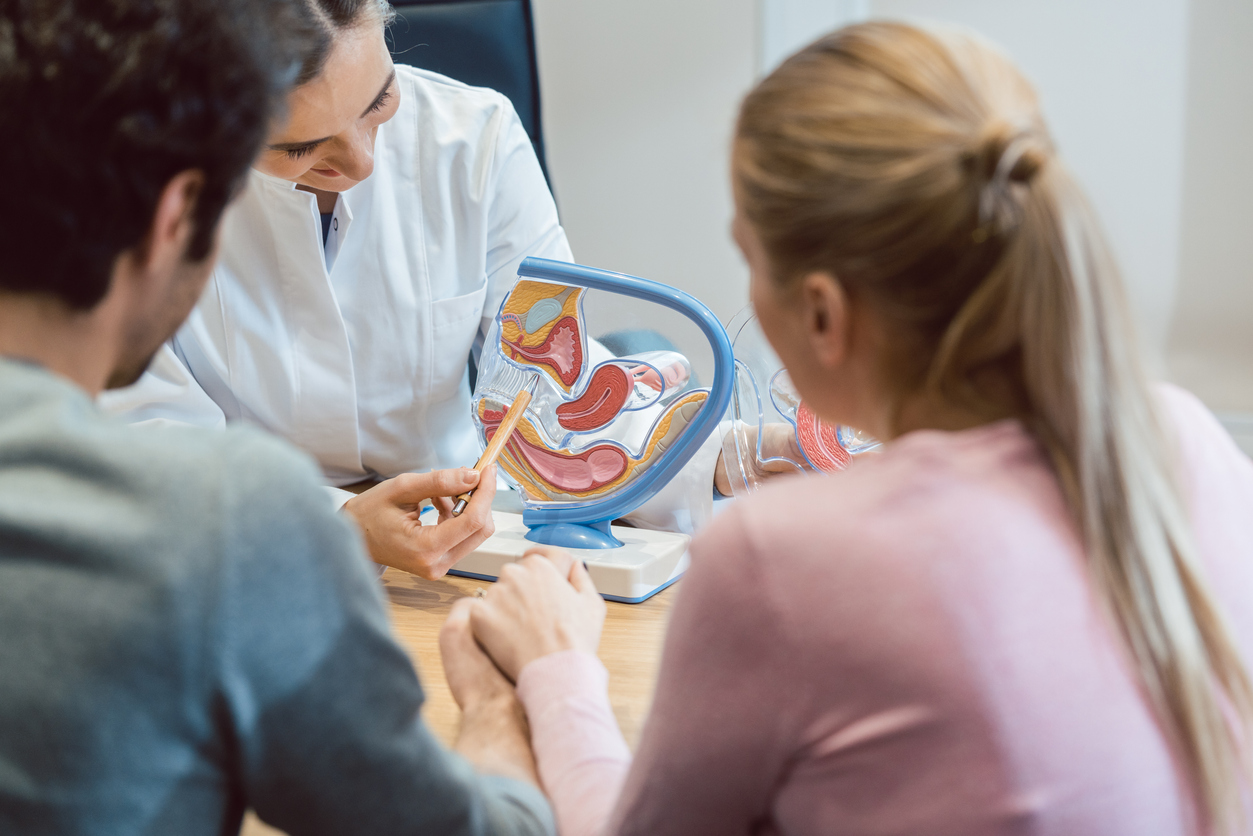Endometriosis, a medical condition affecting women globally, often poses a significant question:
how common is infertility with endometriosis? This article aims to shed light on this critical question, discussing endometriosis and its relationship with fertility issues, the possible causes and treatments, and the hope that exists for women battling both endometriosis and infertility.
Understanding Endometriosis
Endometriosis is a chronic disorder characterized by the growth of endometrial-like tissue (the lining of the uterus) outside the uterus, inducing a chronic inflammatory reaction. This misplaced tissue can be found on the ovaries, fallopian tubes, and even on the bladder or intestines. The growths can lead to complications, including the formation of scar tissue and cysts, causing pain and potentially affecting fertility.
Read More: Can Endometriosis Be Treated Without Surgery? – Endometriosis Supportive Therapy
Prevalence of Endometriosis
Endometriosis affects an estimated 10–15% of women between 15-50. However, the prevalence dramatically rises to about 25%–50% in women with infertility. Despite the well-supported association between endometriosis and infertility, a causal relationship is yet to be definitively established.
Endometriosis and Infertility: The Connection
Endometriosis can impact fertility in multiple ways, leading to the following complications:
- Impact on Gametes and Embryos: The increased number of inflammatory cells in the peritoneal fluid of women with endometriosis can damage the oocytes (eggs) and sperm and even have toxic effects on the embryo.
- Impairment of Fallopian Tubes and Ovarian Function: Endometriosis can lead to pelvic adhesions, blocked fallopian tubes, and damaged ovaries, which can hinder the process of ovulation and egg release, thus affecting fertility.
- Endometrial Receptivity: The chronic inflammatory state induced by endometriosis can impair endometrial receptivity, affecting the implantation of a pregnancy.
Read More: Can Minimal Endometriosis Cause Infertility
Endometriosis-Associated Infertility: Treatment Approaches
The treatment for endometriosis-associated infertility usually involves a combination of medical and surgical interventions. The choice of treatment depends on several factors, including the age of the woman, the severity of the symptoms, the desire for pregnancy, and the extent of the disease.
Medical Treatment
Medical treatments for endometriosis aim to suppress the growth of endometriosis tissue and relieve symptoms. These treatments include hormonal therapies such as birth control pills, gonadotropin-releasing hormone (GnRH) agonists, and progestins. However, these treatments do not improve fertility rates and are typically used to alleviate pain and other symptoms. They are temporary solutions.
Surgical Treatment
Surgical treatment aims to remove endometrial tissue and restore normal pelvic anatomy. Surgical options include laparoscopy, a minimally invasive procedure. Studies have shown that surgical treatment can improve fertility rates, especially in women with severe endometriosis.
Assisted Reproductive Technology (ART)
In cases where medical and surgical treatments are unsuccessful, assisted reproductive technologies (ART) such as in vitro fertilization (IVF) may be considered. IVF involves the extraction of eggs from the ovaries, which are then fertilized with sperm in a laboratory. The resulting embryos are then transferred back into the uterus.
The Hope for Women with Endometriosis and Infertility
Despite the challenges posed by endometriosis, it’s crucial for women to know that having this condition does not necessarily mean they cannot get pregnant. With the right treatment approach, many women with endometriosis can successfully conceive and carry a pregnancy to term.
In conclusion, understanding how common infertility is with endometriosis is essential for providing effective treatment and support to women dealing with this condition. While endometriosis can indeed impact fertility, it’s important to remember that it’s not the end of the road. With advances in medical technology and treatments, many women with endometriosis are able to overcome their fertility challenges and fulfill their dreams of motherhood.
Read More: Life After Endometriosis Surgery: A Comprehensive Guide
References:
https://www.pennmedicine.org/updates/blogs/fertility-blog/2016/august/endometriosis-and-fertility
https://www.ncbi.nlm.nih.gov/pmc/articles/PMC3538128/
https://www.frontiersin.org/articles/10.3389/fsurg.2014.00024
https://obgyn.onlinelibrary.wiley.com/doi/10.1111/aogs.13082




